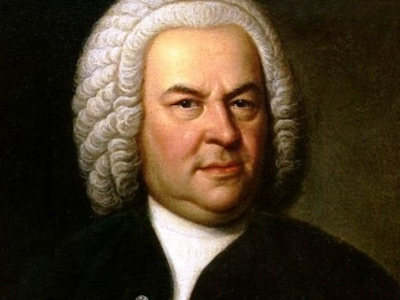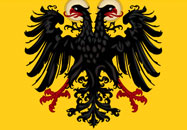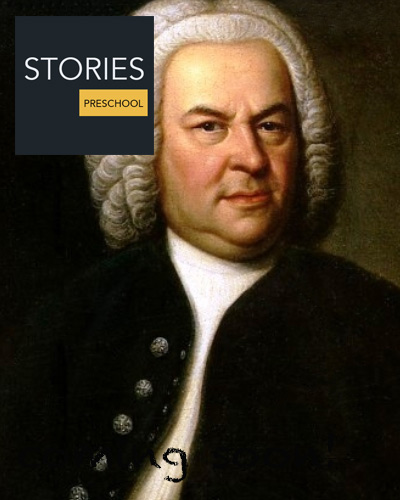Johann Sebastian Bach (1685-1750)
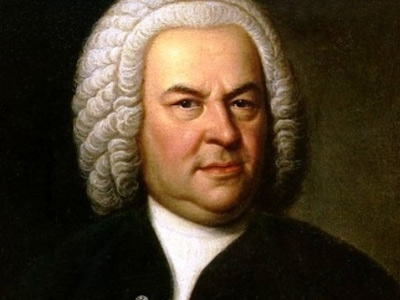
Köthen (1717–1723)
Leopold, Prince of Anhalt-Köthen, hired Bach to serve as his Kapellmeister (director of music) in 1717. Prince Leopold, himself a musician, appreciated Bach's talents, paid him well and gave him considerable latitude in composing and performing. The prince was Calvinist and did not use elaborate music in his worship; accordingly, most of Bach's work from this period was secular, including the orchestral suites, the cello suites, the sonatas and partitas for solo violin, and the Brandenburg Concertos. Bach also composed secular cantatas for the court such as Die Zeit, die Tag und Jahre macht, BWV 134a. A significant influence upon Bach's musical development during his years with the Prince is recorded by Stauffer as Bach's "complete embrace of dance music, perhaps the most important influence on his mature style other than his adoption of Vivaldi's music in Weimar".
Despite being born in the same year and only about 130 kilometres (81 mi) apart, Bach and Handel never met. In 1719, Bach made the 35-kilometre (22 mi) journey from Köthen to Halle with the intention of meeting Handel, however, Handel had left the town. In 1730, Bach's oldest son Wilhelm Friedemann travelled to Halle to invite Handel to visit the Bach family in Leipzig, but the visit did not come to pass.
On 7 July 1720, while Bach was away in Carlsbad with Prince Leopold, Bach's wife suddenly died. The following year, he met Anna Magdalena Wilcke, a young, highly gifted soprano sixteen years his junior, who performed at the court in Köthen; they married on 3 December 1721. Together they had thirteen more children, six of whom survived into adulthood: Gottfried Heinrich; Elisabeth Juliane Friederica (1726–1781); Johann Christoph Friedrich and Johann Christian, who both, especially Johann Christian, became significant musicians; Johanna Carolina (1737–1781); and Regina Susanna (1742–1809).
HISTORY
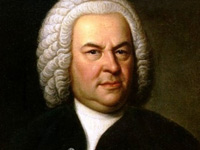
RESOURCES
This article uses material from the Wikipedia article "Johann Sebastian Bach (1685-1750)", which is released under the Creative Commons Attribution-Share-Alike License 3.0.
© Stories Preschool. All Rights Reserved.
